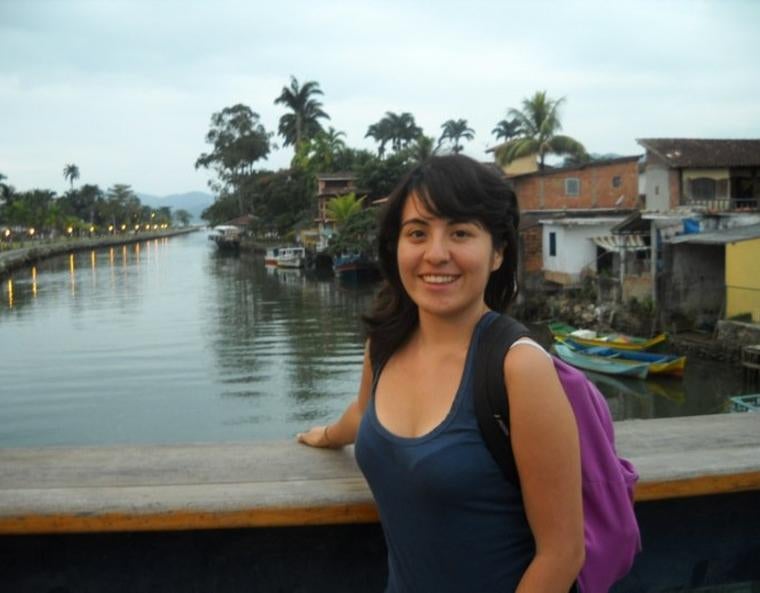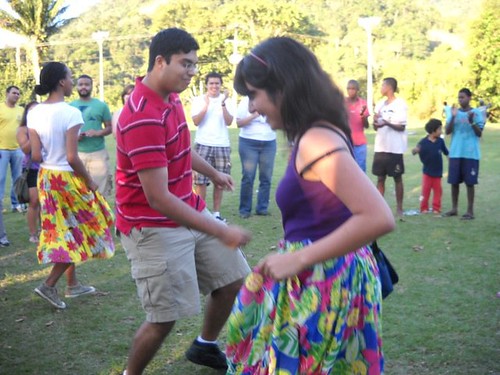
When I first came to Yale I never imagined I’d be spending the summer after freshman year abroad. But once I heard about Yale’s commitment to international experience and the International Summer Award (ISA), I found myself planning a summer in Brazil. The ISA is a stipend for undergraduates that aims to give them a summer experience abroad; it awards the same percentage of funding for a program that a student receives in financial aid during the school year, up to $10,000. With the amount I received I was able to pay for program fees, transportation, and expenses. Without the worry of where I would find the money to pay for flights or food I could instead spend my six weeks in Rio de Janeiro focusing on the experience.
Our first destination in the state of Rio was Paraty (Par-a-chee), a small town where 30 students (including myself) and our instructors, would be staying together in an inn for two weeks. At first I was worried Paraty would be boring. But it was perfect! It was small but vibrant. Of course, it helped that the World Cup was happening that summer. When we arrived in town there were banners and streamers in Brazil’s yellow and green hanging above every street. One morning there was even a sign on the door of a church that said service was cancelled for the game!

In addition to the excitement of the World Cup, Paraty was beautiful and historical. During one field trip we took a schooner out to the beaches in the area. We hiked from one beach to another, ate on the sand and, at the end of the day, boarded our schooner to go home and watch the sunset.

On other trips we toured the historic sites of Paraty, from the churches and colonial forts to farm settlements that had been created centuries ago by escaped slaves. Not only was I learning about these subjects in our class on Brazilian culture and history, I was seeing and experiencing them firsthand. It was these experiences that opened my eyes to what my trip could become. Sure, I could spend my time studying non-stop for class or with my head in my Portuguese phrasebook. But I could also spend it on the beach, talking to locals, taking in the history of different sites, or exploring museums to learn new histories and new words. I wasn’t going to stop working on my classes, of course, but I could supplement them not with more studying but with actually coming face to face with the history and language I was learning.

I never would have guessed that my time in Paraty would actually become one of my favorite things about that summer, but it taught me to appreciate more fully the opportunity I was being given. When it came time to pack up and head to the city, Rio, I was sad to leave Paraty but eager to explore with a more open mind.